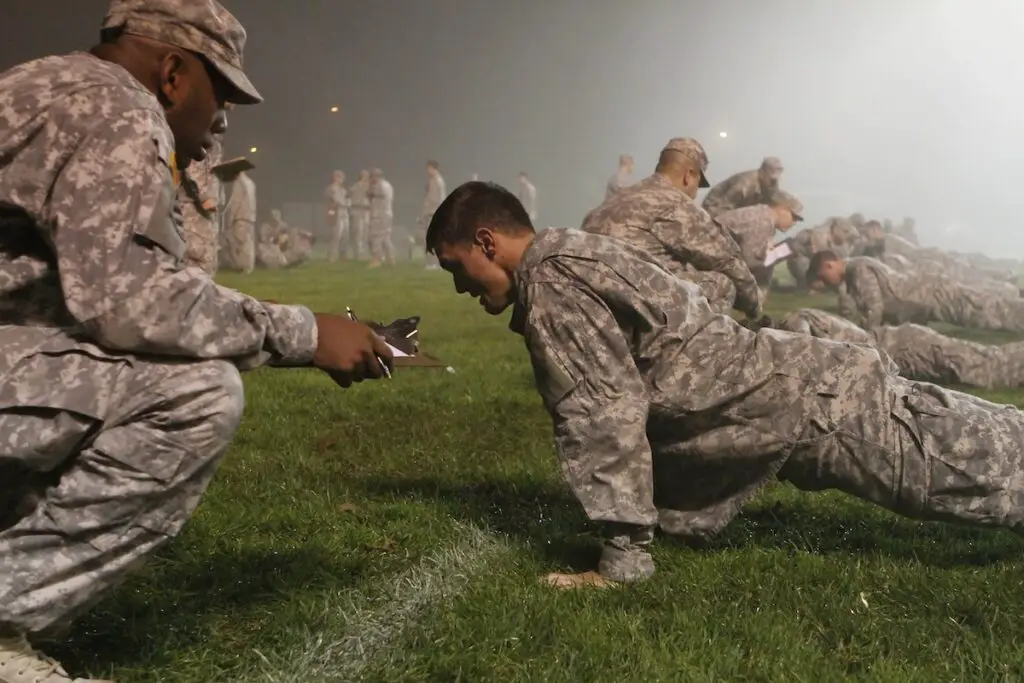Virginia Tech found itself in hot water last Sunday after lawyers for former cadets in the university’s ROTC program alleged that the university press statement about their case was a violation of confidentiality provisions in the settlement.
In response, lawyers for the cadets fully disclosed settlement details.
On Friday, university spokesman Mark Owczarski told The Roanoke Times that Virginia Tech is “pleased with the outcome.”
Without fully revealing what the outcome was, Owczarski went on to say that it affirmed how “the policies and procedures of the Corps of Cadets, Student Conduct Office and Office of Student Affairs are sound, and the actions taken by members of those campus units have been consistent with those policies and procedures.”
“And again, given the outcome, we do not anticipate any further litigation because, again, our policies and procedures and how we manage these programs has been affirmed,” he concluded.
‘Breaching Their Own Provisions’
Roanoke attorney Rob Dean pointed out how Virginia Tech insisted on a confidentiality provision as a condition of settlement, which it soon went on to breach.
“As a condition of settlement, Virginia Tech insisted on a confidentiality provision that prohibited any statement to the press, other than that ‘the case has been resolved to the parties’ mutual satisfaction.’ They wanted to keep the settlement private,” he explained to The Roanoke Times.
“For Virginia Tech to now breach its own confidentiality provision and suggest publicly that the case outcome affirmed the proper application of its policies and procedures, is incorrect.”
With this, Dean offered to publicly share the details of the settlement.
“In exchange for my clients’ dismissals of the lawsuit, the University agreed to expunge their student conduct records, and remove any notation of a suspension on their transcripts. This provided an enormous benefit to my clients to vindicate their rights, clear their names, and preserve their future careers. The case is now closed.”
Timeline of Events
In 2019, a dozen cadets were suspended after university officials determined that they were involved in a “blood pinning” rite, a hazing ritual that involves stabbing cadets in the chest with military pins. This act was a violation of the university’s hazing policy.
Virginia law defines hazing as “recklessly or intentionally endangering the health or safety of a student or students,” or to “inflict bodily injury” in a rite of passage. This is regardless of whether or not the student or students who were endangered or injured participated voluntarily in the relevant activity.
Later, from January to July 2020, seven cadets filed lawsuits against the university, alleging that their constitutional rights to due process were denied when Virginia Tech suspended them for at least one semester while a joint conduct hearing took place.

